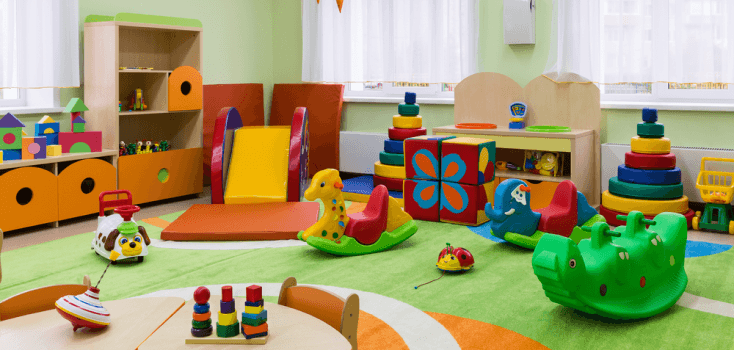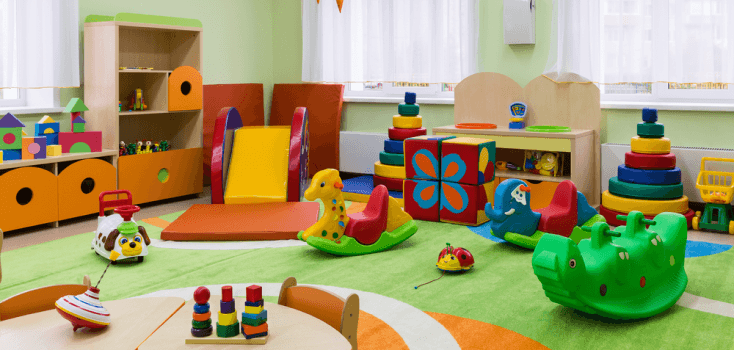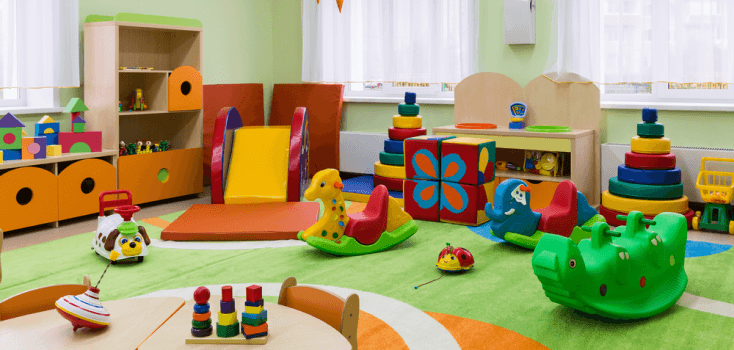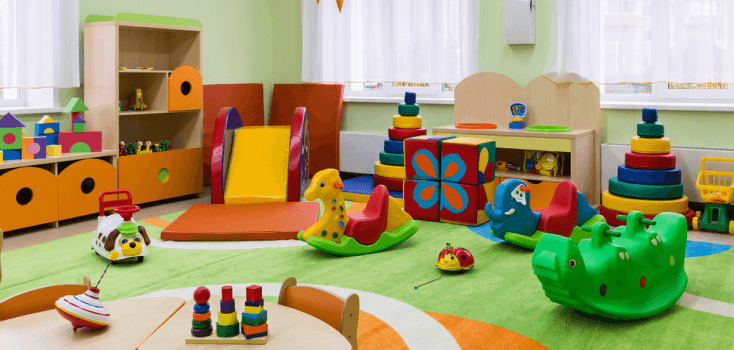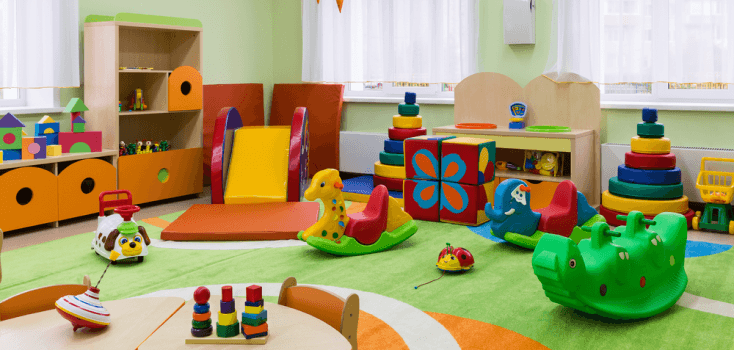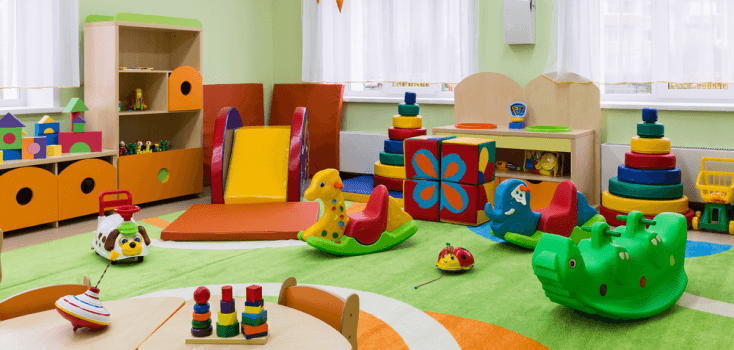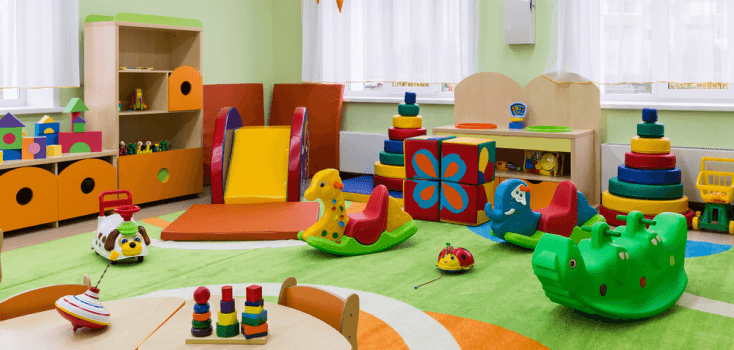Nursery Food Safety Insurance: Kitchen Operations & Allergy Claims
Running a nursery involves numerous responsibilities, but few are as critical—or as legally complex—as food safety. With increasing awareness of food allergies, stricter regulations, and heightened parental expectations, nursery operators face unprecedented challenges in managing kitchen operations and protecting children from food-related incidents. This comprehensive guide explores the essential insurance coverage needed to protect your nursery against food safety claims, allergy incidents, and kitchen-related liabilities.
Understanding the Food Safety Landscape in Nurseries
The nursery food safety environment has evolved dramatically over the past decade. What once involved simple meal preparation now requires sophisticated allergen management, detailed documentation, and comprehensive staff training. Modern nurseries must navigate complex regulations while ensuring every child receives safe, nutritious meals tailored to their specific dietary requirements.
Food safety incidents in nurseries can range from minor stomach upsets to life-threatening allergic reactions. The consequences extend far beyond immediate health concerns, potentially resulting in regulatory investigations, legal claims, reputation damage, and significant financial losses. Understanding these risks is the first step in developing comprehensive protection strategies.
The regulatory framework governing nursery food safety continues to expand. Ofsted inspections now include detailed food safety assessments, while local authority environmental health departments conduct regular kitchen inspections. The Food Standards Agency provides specific guidance for childcare settings, emphasizing the unique vulnerabilities of young children to foodborne illnesses.
The Rising Threat of Food Allergies in Childcare
Food allergies among children have increased dramatically, with current estimates suggesting that up to 8% of children have at least one food allergy. This statistic represents a significant challenge for nursery operators, who must accommodate multiple allergies while maintaining nutritious, appealing meal programs.
The most common childhood food allergies include milk, eggs, peanuts, tree nuts, fish, shellfish, wheat, and soy. However, nurseries increasingly encounter children with multiple allergies, rare allergies, and severe sensitivities that require extraordinary precautions. Managing these complex dietary requirements demands sophisticated systems, extensive staff training, and robust emergency procedures.
Allergic reactions can range from mild skin irritation to severe anaphylaxis requiring immediate medical intervention. The unpredictable nature of allergic reactions means that even minor exposure incidents can escalate rapidly, creating emergency situations that test nursery preparedness and response capabilities.
Kitchen Operations: The Heart of Food Safety Risk
Nursery kitchens represent the epicenter of food safety risk, where multiple hazards converge in a high-pressure environment. Unlike commercial restaurants, nursery kitchens must accommodate diverse dietary requirements, manage allergen separation, and maintain child-friendly meal presentation while adhering to strict safety protocols.
Equipment failures pose significant risks in nursery kitchens. Refrigeration breakdowns can compromise food safety within hours, while faulty cooking equipment may fail to achieve safe temperatures. Regular maintenance schedules, temperature monitoring systems, and backup procedures are essential components of comprehensive risk management strategies.
Staff training represents another critical vulnerability. Kitchen staff must understand allergen management, cross-contamination prevention, proper food handling techniques, and emergency response procedures. High staff turnover in the childcare sector can create training gaps that increase food safety risks and potential liability exposure.
Common Food Safety Claims in Nurseries
Food poisoning incidents represent the most frequent food safety claims in nurseries. These incidents can affect multiple children simultaneously, creating complex liability scenarios involving numerous families, medical expenses, and potential regulatory sanctions. Even minor food poisoning incidents can generate significant legal costs and reputation damage.
Allergic reaction claims have become increasingly common and costly. Parents may pursue legal action following allergic reactions, claiming inadequate allergen management, insufficient staff training, or failure to follow established protocols. These claims often involve detailed investigations into nursery procedures, staff actions, and documentation practices.
Cross-contamination incidents occur when allergens transfer from one food item to another, potentially triggering allergic reactions in sensitive children. These incidents can result from inadequate cleaning procedures, shared preparation surfaces, or staff errors in food handling. The complexity of proving or disproving cross-contamination makes these claims particularly challenging to defend.
Regulatory Compliance and Legal Obligations
Nurseries must comply with multiple regulatory frameworks governing food safety, including the Food Safety Act 1990, Food Hygiene Regulations, and specific guidance for childcare settings. These regulations establish minimum standards for food handling, storage, preparation, and documentation, with non-compliance potentially resulting in prosecution and closure orders.
The Childcare Act 2006 places specific obligations on nurseries regarding children's health and safety, including food safety responsibilities. Ofsted inspections assess food safety practices as part of overall nursery quality evaluations, with poor food safety practices potentially affecting registration status and reputation.
Local authority environmental health departments have enforcement powers including the ability to issue improvement notices, prohibition orders, and prosecution recommendations. These interventions can disrupt nursery operations, generate negative publicity, and create significant financial pressures through lost revenue and remediation costs.
Insurance Coverage for Food Safety Risks
Professional indemnity insurance provides essential protection against claims arising from food safety incidents. This coverage addresses allegations of negligent food handling, inadequate allergen management, or failure to follow established protocols. Professional indemnity policies typically cover legal defense costs, settlement payments, and associated expenses.
Public liability insurance covers claims from third parties, including parents and children, who suffer injury or illness due to food safety incidents. This coverage is essential for addressing medical expenses, compensation claims, and legal costs arising from food poisoning, allergic reactions, or other food-related incidents.
Product liability insurance may apply when nurseries prepare and serve food, treating meal provision as a product supply activity. This coverage addresses claims that food products were defective, contaminated, or unsuitable for consumption, providing protection against potentially significant compensation claims.
Specialized Coverage for Kitchen Operations
Equipment breakdown insurance protects against losses arising from kitchen equipment failures. This coverage addresses repair or replacement costs, spoiled food disposal, and business interruption expenses when equipment failures disrupt meal service. Given the critical nature of refrigeration and cooking equipment, this coverage is essential for nursery operations.
Food spoilage insurance covers losses when food becomes unusable due to equipment failures, power outages, or contamination incidents. This coverage addresses the cost of replacing spoiled food, disposing of contaminated items, and sourcing emergency meal alternatives to maintain service continuity.
Business interruption insurance provides crucial protection when food safety incidents force temporary closure or reduced operations. This coverage addresses lost revenue, ongoing expenses, and additional costs incurred while addressing food safety issues and restoring normal operations.
Allergy Management and Insurance Implications
Comprehensive allergy management systems are essential for both child safety and insurance coverage validity. Insurers increasingly expect nurseries to demonstrate robust allergen management procedures, including detailed risk assessments, staff training records, and incident response protocols.
Documentation requirements for allergy management have become increasingly sophisticated. Nurseries must maintain detailed records of children's allergies, dietary requirements, meal plans, and staff training. These records serve as crucial evidence in defending against claims and demonstrating compliance with insurance policy requirements.
Emergency response procedures for allergic reactions must be clearly documented and regularly practiced. Staff must understand their roles in managing allergic reactions, including medication administration, emergency service contact, and parent notification procedures. Insurance policies may require evidence of regular emergency response training and procedure updates.
Risk Management Strategies
Implementing comprehensive food safety management systems reduces both incident risk and insurance costs. These systems should include detailed procedures for food sourcing, storage, preparation, and service, with particular emphasis on allergen management and cross-contamination prevention.
Staff training programs must address all aspects of food safety, from basic hygiene practices to complex allergen management procedures. Regular training updates, competency assessments, and documentation of training completion are essential components of effective risk management strategies.
Supplier management represents a critical but often overlooked aspect of food safety risk management. Nurseries must ensure suppliers meet appropriate food safety standards, provide accurate allergen information, and maintain reliable delivery schedules to prevent emergency sourcing situations that may compromise safety standards.
Technology Solutions for Food Safety Management
Modern technology offers sophisticated solutions for managing food safety risks in nurseries. Digital meal planning systems can automatically flag potential allergen conflicts, track dietary requirements, and generate detailed documentation for regulatory compliance and insurance purposes.
Temperature monitoring systems provide continuous oversight of refrigeration and cooking equipment, alerting staff to potential problems before they compromise food safety. These systems generate detailed logs that demonstrate compliance with food safety requirements and provide valuable evidence in defending against claims.
Allergen management software helps nurseries track complex dietary requirements, manage meal planning, and ensure appropriate food preparation procedures. These systems reduce the risk of human error while generating comprehensive documentation of allergen management activities.
Claims Prevention and Management
Proactive claims prevention strategies significantly reduce both incident frequency and insurance costs. Regular risk assessments, staff training updates, and procedure reviews help identify potential problems before they result in food safety incidents or insurance claims.
When incidents do occur, prompt and appropriate response is crucial for minimizing harm and protecting against claims. This includes immediate medical attention for affected children, thorough incident investigation, and comprehensive documentation of response actions and remedial measures.
Maintaining positive relationships with parents through transparent communication about food safety practices, incident reporting, and continuous improvement efforts helps reduce the likelihood of claims following minor incidents. Parents who trust nursery food safety management are more likely to work collaboratively to address concerns rather than pursue legal action.
Choosing the Right Insurance Coverage
Selecting appropriate insurance coverage requires careful assessment of specific nursery risks, operations, and regulatory requirements. Factors to consider include the number of children served, complexity of dietary requirements, kitchen equipment types, and staff training levels.
Working with insurance providers who understand nursery operations and food safety risks ensures appropriate coverage selection and competitive pricing. Specialist childcare insurers often provide more comprehensive coverage options and better claims support than general commercial insurers.
Regular insurance reviews ensure coverage remains appropriate as nursery operations evolve. Changes in enrollment, dietary requirements, kitchen equipment, or regulatory obligations may require coverage adjustments to maintain adequate protection.
The Future of Nursery Food Safety Insurance
The nursery food safety landscape continues to evolve, with new regulations, increased allergy prevalence, and heightened parental expectations creating ongoing challenges. Insurance coverage must adapt to address emerging risks while supporting nurseries in maintaining high safety standards.
Technological advances in food safety management, allergen detection, and risk monitoring will likely influence future insurance requirements and pricing. Nurseries that embrace these technologies may benefit from reduced insurance costs and improved claims experience.
Regulatory changes, including potential new requirements for allergen management and food safety documentation, will continue to shape insurance coverage needs. Staying informed about regulatory developments and working with knowledgeable insurance providers ensures continued adequate protection.
Conclusion
Food safety insurance represents an essential investment for nursery operators facing increasingly complex risks and regulatory requirements. Comprehensive coverage addressing kitchen operations, allergy management, and regulatory compliance provides crucial protection against potentially devastating claims while supporting high-quality childcare delivery.
The key to effective food safety insurance lies in understanding specific risks, implementing robust management systems, and selecting appropriate coverage options. By taking a proactive approach to food safety risk management and insurance protection, nurseries can focus on their primary mission of providing safe, nurturing environments for children while protecting their financial stability and reputation.
Contact Insure24 today at 0330 127 2333 to discuss your nursery's food safety insurance needs. Our specialized team understands the unique challenges facing childcare providers and can help you develop comprehensive protection strategies that support both child safety and business continuity.


 0330 127 2333
0330 127 2333
